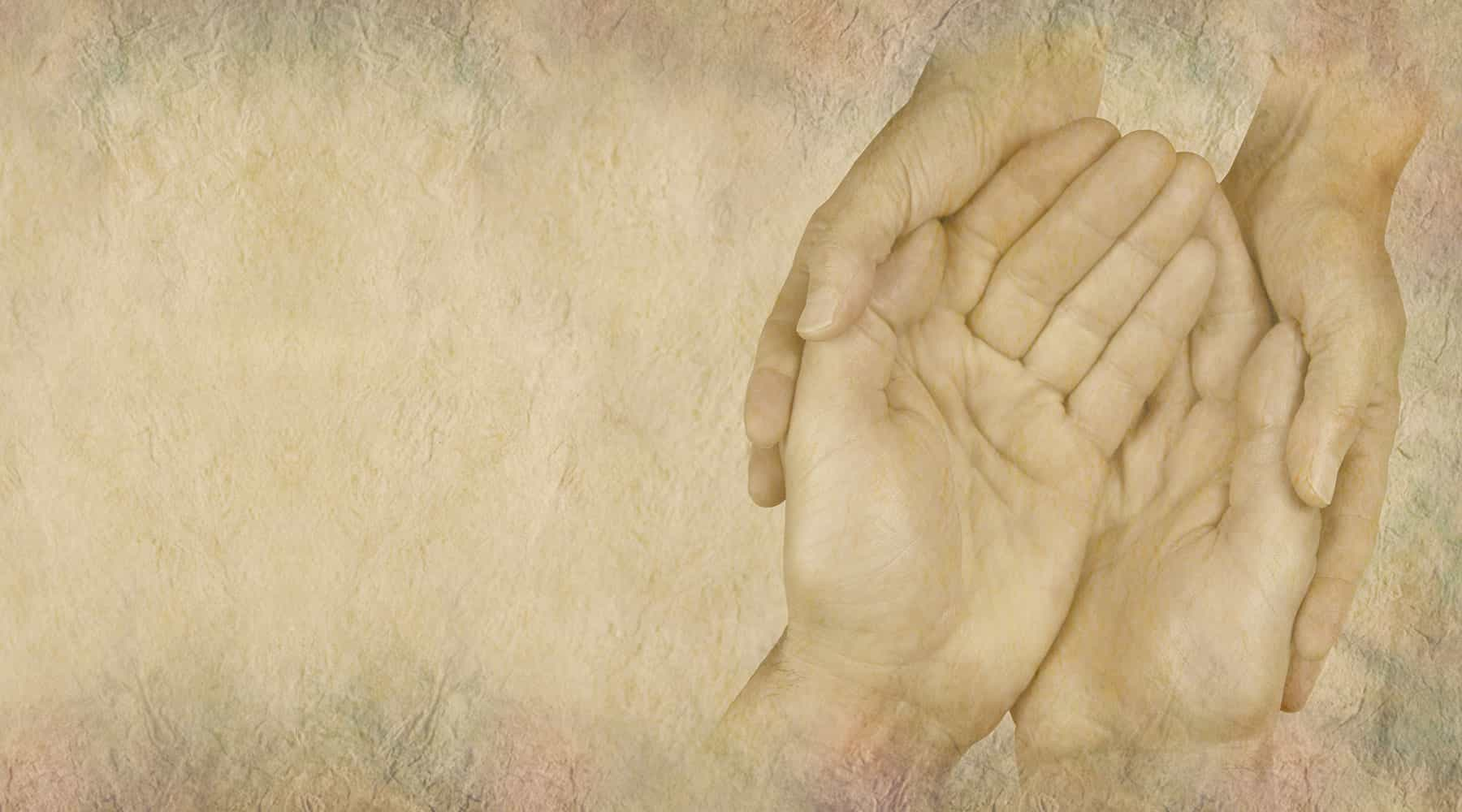If you end up dealing with a child custody dispute, there is a chance that the court might order a child custody evaluation. Being the subject of an official study might sound intimidating, but it's actually fairly straightforward. Understanding how the process works and getting help from an expert child custody lawyer will make things go much more smoothly. Here's what you need to know about evaluations for custody.
Common Reasons for Evaluations
A 730 child custody evaluation is a routine type of study that often gets brought up when parents are trying to decide custody or change their time-sharing schedule. There are many different reasons that the court might require you to get evaluated:
-
One parent has a substance use problem.
-
There have been accusations of abuse.
-
A parent wants to move out of state.
-
Both parties can't decide on a time-sharing agreement.
-
Someone has potentially problematic mental health issues.
-
There are disagreements about healthcare or education.
-
A parent alleges concerning parenting practices.
Selecting an Evaluator
The first step in any parental evaluation for custody is choosing the evaluator. Evaluators can be people like therapists, doctors, social workers, or psychologists. They need to be highly skilled in their area and have at least five years of postgraduate experience. Any evaluator also has to qualify under California Family Code 3110 and file all appropriate paperwork with the court. Usually, your family law attorney can help you find evaluators.
If you and the other parent do not agree or only select biased evaluators, the court may recommend someone for you.
Full Evaluations
Full evaluations are the most complicated form of an examination. They can last up to six months and require a lot of time talking with experts. This sort of study is meant to carefully consider every aspect of the child's home life. You can expect to go through interviews both as a family and individually, and you might take psychological tests as well.
The evaluator will visit every home the child lives at and may follow your family around through the typical day. They might also request documentation such as report cards and medical records.

Brief Assessments and Focused-Issue Evaluations
Not all studies will require the evaluator to look at every aspect of your life. In some cases, they might just need to look at a specific issue that's been brought up recently. For example, if you were just diagnosed with depression, the court might request a mental health evaluation for custody. These studies are usually a little shorter and less invasive. They'll focus on only a few specific details and may be done in just a few weeks.
Special Circumstances
A custody evaluation due to special circumstances is rare, but it's occasionally necessary. These occur in situations like one parent being arrested for possession or a child being diagnosed with a serious illness. Since this sort of evaluation occurs during an emergency, it is often prioritized by the court. You can expect to be seen by the evaluator sooner, and they might not require such a detailed study of your home life.
Tips for Parents Going Through an Evaluation
For best results, make sure you follow this helpful advice:
-
Always work with a family law attorney, so you can get professional advice while you get ready for the interviews and other examinations.
-
Be prepared for custody evaluation costs. They typically cost somewhere between $4,500 and $15,000.
-
Even though it can be invasive, always be polite and courteous. Treat the evaluator with respect instead of taking out your frustration on them.
-
Be straightforward and truthful throughout the process. The court can easily identify lies, and being dishonest can often result in consequences.
-
Try to stay positive and recognize this evaluation is about doing what is best for your child.
-
Consider preparing with mock interviews or unofficial family therapy sessions. These can help you feel less stressed during the evaluation.
Evaluator's Report
At the end of the whole process, you'll end up with a report that summarizes all the findings from the professionals. The exact contents will vary a little depending on why you were evaluated in the first place. For example, a psychological evaluation for child custody might contain records of you attending support groups while an educational study might include interviews with your child's teachers.
Most reports will contain a basic overview of all interviews, a list of documentation, and a recommendation for how to proceed. If you need to do things like take classes or go to therapy, these requirements will be listed in the report.
Staying Organized During an Evaluation
For best results, it's essential to stay as organized as possible. This ensures you don't lose track of important documentation or forget to file forms on time. A child custody lawyer is very useful for this organization since they can let you know all the steps and collect evidence for you. Many parents also find it helpful to keep their own clearly labeled files or use software specifically designed for those undergoing evaluations.
If you're undergoing a custody evaluation, Citadel Law is here to help. Our team can guide you through the process and help you find a solution that ensures your child's needs are met. Contact us today for a consultation.






